Blogs
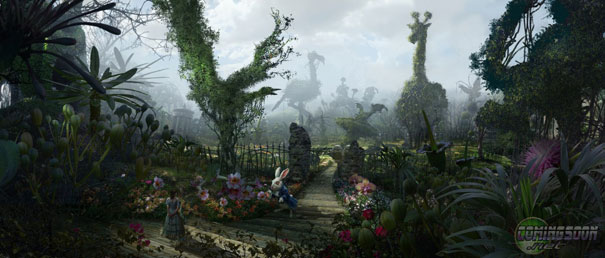
Wonderland (ˈwəndərˌland/)
Noun. A land or place full of wonderful things.
I suppose that I have always been addicted to fantasy novels. When I was younger, I remember constantly pleading for my father to read me a bedtime story. I liked how the authors portrayed the realms, kingdoms, and forests where the supposedly mythical creatures lived. As I grew older, I learned to appreciate the skill of reading behind the lines that struck me while reading the texts and drawing inspiration from my favorite characters. One of my childhood favorites in particular was “Alice in Wonderland”. This literary piece made my imagination run utterly wild. I was both confused and amused as I breezed through interesting characters that had made the story reverberate with life and wit, such as Tweedle Dee and Dum, the Mad Hatter, The Red Queen, The Cheshire Cat and of course, Alice. Granted that wonderland was such a ‘curious’ place as Alice would have said, I became enthralled with the thought of meeting different kinds of creatures that would open my eyes to a strikingly splendid realm that would always make me feel excited as I crave for the mystery within it…
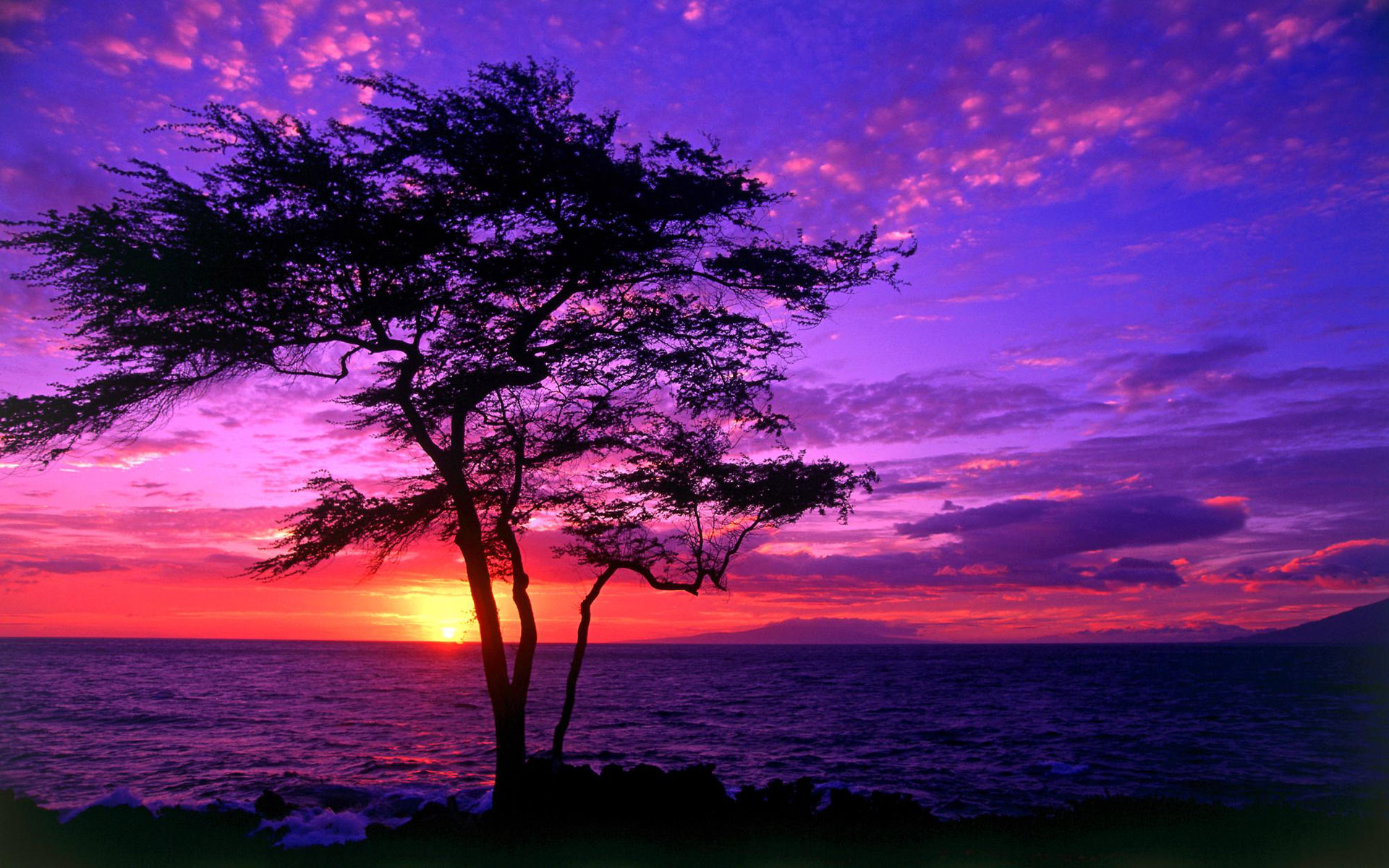
But isn’t Earth itself our wonderland? It was only now that I’ve come to realize that I need not look anywhere else for a home that beheld secrets, mind-boggling mysteries and wonders that would never cease to amaze me. However, with this (obvious) realization came the question: “What exactly do other people see the Earth as? Is it still a home for them? Or a place to hold its seemingly interminable wastes? Is it a symbiotic partner? Or a means of economic advantage?” And so, I made this blog in order to open both our eyes to what exactly is happening to the world right now, especially that of the issue of climate change. Together, let us imagine ourselves as Alice, and see what we can do in order to explore the world, learn more about ourselves, and make a significant difference in the fight against carbon emissions (instead of the Jabberwocky) and make a better future for all of us.
Through the Looking Glass
“My dear, here we must run as fast as we can, just to stay in place. And if you wish to go anywhere you must run twice as fast as that.”
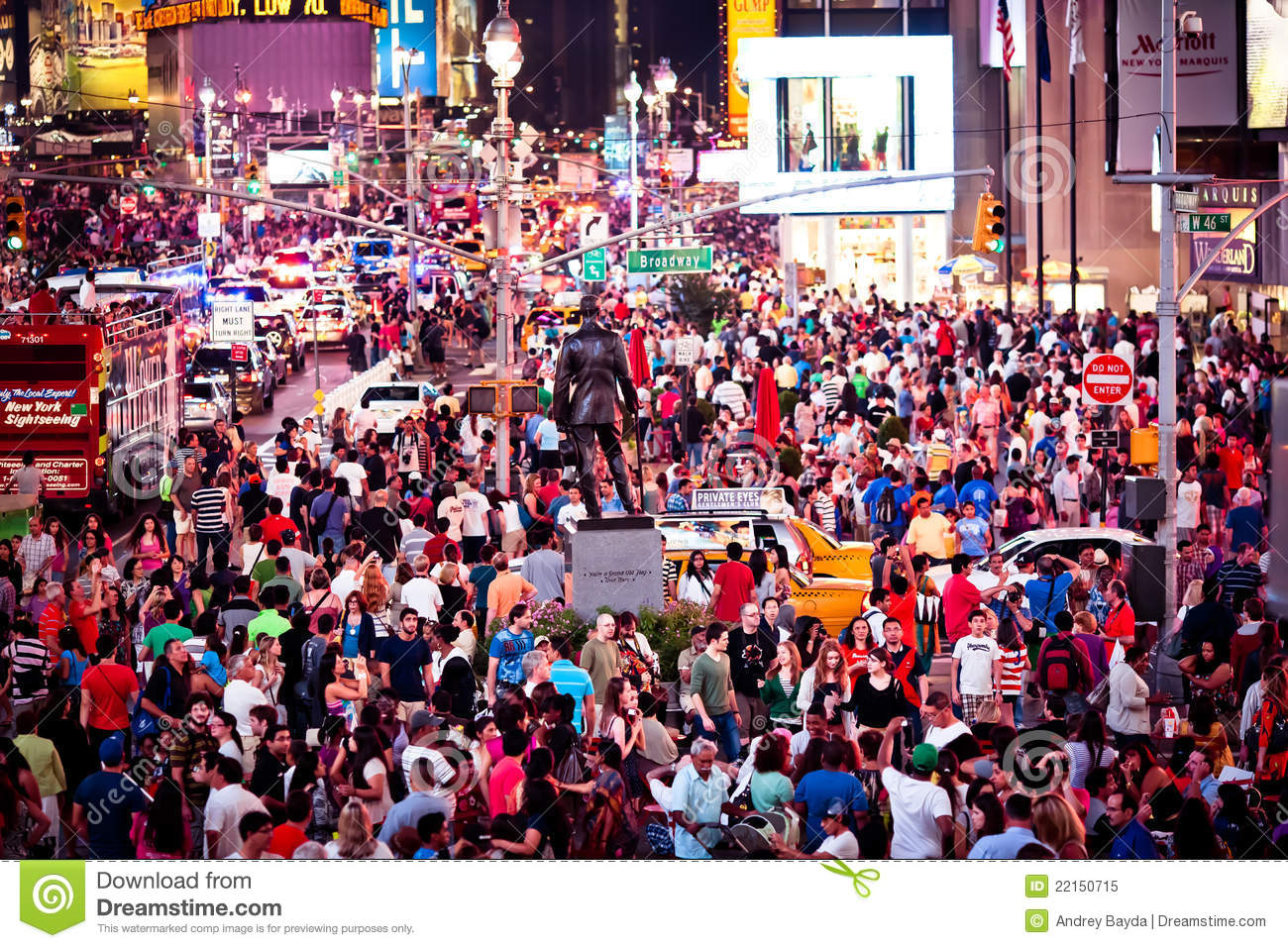
Speed…Efficiency…Skill…Our world is continuously advancing towards what we believe is success and it has now come to a point where we rush through sidewalks, parks, and gardens whilst looking forward to either our schools, our workplaces, and whichever destination we have decided as places where we would be most productive in regards of our time, whilst acquiring knowledge and developing as better individuals. Due to this, we have forgotten what it feels like to lie down, look at the clouds, and admire with bated breath, the glory of God’s creation. Now, if I try to lie down in a cemented sidewalk, provided that it’s free of street trash, liquid sewer filth, and vandalisms. Moreover, I would also have to consider if it’s safe enough from rushing cars, belched smoke, hasty/drunk/high people, and cigarette smokers. You see? From simply lying down on a grassy plain to view the awe inducing Milky Way of stars, you’re stuck making sure if the area is even safe and clean enough for you to lie down in. And the irony of it all is that after all your hard work in temporarily ‘cleaning’ the area, you’re gratefully rewarded with a darkened sky caused by pollution as well as electrical lines and posts that are scattered around the area. The Earth that we have once saw as an untouched, majestic, and vibrant paradise has now become a globe snowballed with pollution, greenhouse gases, and toxic materials.
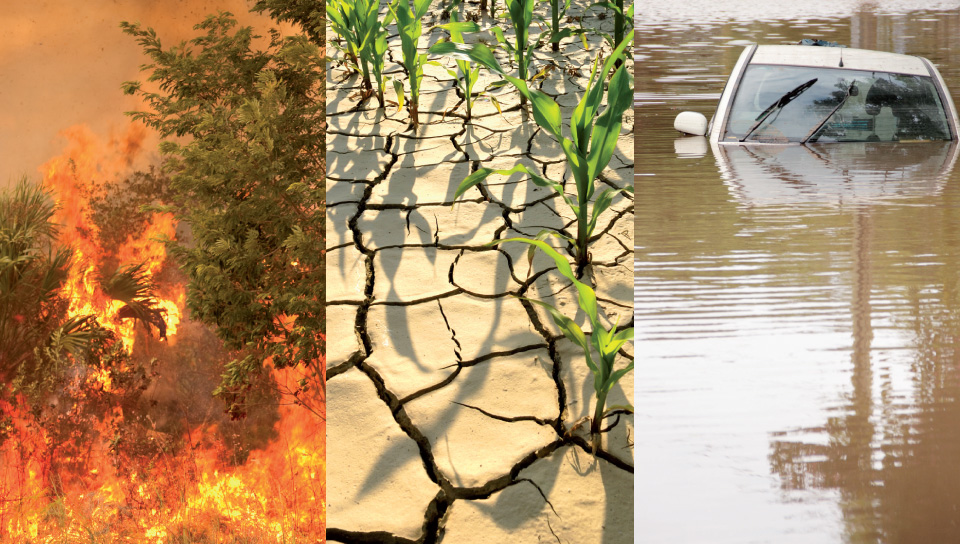
“The time has come," the walrus said, "to talk of many things: Of shoes and ships - and sealing wax - of cabbages and kings”
What happened? Why have we become aware yet ignorant at the same time? Sometimes the things that we consider trivial are actually vital elements for the formation of our character. Thus, instead of letting the leaders do the talking, let us also reflect on the earth’s current situation.
The thing is, what we have failed to consider is that since time immemorial, the earth has continuously been evolving at a slow process. From a grime and muck covered globe, it became home to those who have been granted the gift of life. This evolutionary stage spanned for millions of years and soon, a myriad of creatures were given the ability to roam the lands, sail the seas, and govern the air they were presented with as members of the Earth’s biological community. And what did we do? We have ruined nature’s painstaking process in a matter of centuries. In the snap of a finger we have lost entire rainforests and endangered thousands of species from both fauna and flora. However, did we ever try to stop and think whether we would actually be affected? We are aware of our duties, however we have forgotten how deeply we are interconnected with Mother Nature.
Each living creature is interconnected in a special way. While one organism struggles to produces its own food with the use of energy from the sun, another eats it for its own nutrition, and still another creature, which is far stronger than the last, overwhelms and ultimately consumes it. But relationships does not merely end in being competitors for common food. This is seen as the survival of the fittest. They could also become symbiotic partners and limiting factors to one another that would aid and abet the maintenance of balance in terms of nutrients, predators, and prey in their respective ecosystems. And so as towering trees form magnificent forests, we realize that they simultaneously produce essential nutrients for the heterotrophic organisms that depend on them. In turn, miniscule bacteria either serve as harmful parasites that bring disease, decomposition, and degradation or beneficial creatures that spread nutrients and support certain systems ingrained in nature.
Additionally, if humans decide to promote industries that connect their toxic waste pipes to water sources such as rivers, lakes and oceans, and decide to throw their trash in it as well (According to WHO:” 80% of the water pollution is caused due to domestic sewage like throwing garbage on open ground and water bodies.”), it would most likely lead to the proliferation of diseases due to the decline in water quality. Add to the fact that the marine biodiversity settling in the lakes would most likely die out due to consumption of poisonous substances. And what would happen if the fishes from these area are captured and sold? Then the unlucky members of community which buy from the market that bought the fishes would acquire diseases that would proliferate, die, or pass on genetic mutations to future offspring. Another scenario would be that in regards to water. My classmates and I have tested for our water footprints and found out that despite having a majority of the students result to a lower than average scale of individual/household consumption, at least 1/3 of the class were still able to consume and acquire a higher water consumption rating. And what do you think would happen if certain households exhaust more water than normal? Due to the steady decline of stored safe, affordable, clean and potable water resources, financially poor individuals would have to live on scarce amounts of stored water that may not even be safe enough to drink or even use. And what kind of scenario would you think this would result to? A country, a community, a family, a single individual would become loaded in debt due to constant import of water, recurrently given higher tax rates, and left with an ecologically-ignorant attitude as well as a ruined environment. Factually-speaking it has also been found out that more than 3000 children die due to consumption of contaminated water while 3.2million children under the age of five in developing nations die each year as a result of unsafe drinking water and poor sanitation. And contaminated water serves as the major cause of various diseases like cholera and typhoid. Leading to an average 250 million people worldwide succumbing to water contamination/pollution related diseases. On the other hand, the Food & Water Watch launched a survey that cites approximately 3.5 billion people in 2025 having to face water shortage issues due to water pollution. And this is likely to happen because world pollution is increasing tremendously with more water sources getting contaminated as a result of water pollution.
What exactly am I pointing out here? Interconnectedness. Responsibility. Awareness. Accountability. These elements should be greatly considered especially in regards to the steady decline of resources at a global scale, especially that of water. In relation to this is the widespread occurrence of Climate change. An issue that needs to be ultimately addressed. Bear in mind that we are all interconnected, hence we must take responsibility and realize that we are to be held accountable for the detrimental effects of our choices since we have always been consciously aware of the happenings in society at large.
The Double-Edged Sword of Human Advancement
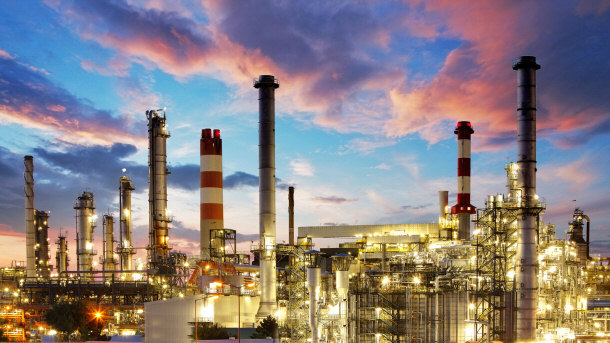
“Curiouser and curiouser!”
Human Beings are naturally curious, and being in a world which holds mysteries that could possibly leave you in awe does that. And since the world continuously evolves, we must also learn to adapt in order to survive. Luckily, there are a lot of brilliant minds working together here in our planet. Scientists continue to create theories that would benefit our way of living as well as add new knowledge to different aspects of our life, like that of the field of medicine(research on diseases, prevention methods, and cures could be in collaboration with other doctors/experts of the field itself). Engineers continuously look into the structure of previously made structures so that they may be able to procure or create a better version of the former. Businessmen bring into reality innovative products that would most likely improve the lifestyle of people or simply entertain them with its functions. However, with the advancement of humans comes the steady detrimental effect of our actions to the environment. These constitute of water, land, air, noise, light pollution, as well as climate change. However, as I have said earlier I would like to focus on the issue concerning water and climate change.
“You're not the same as you were before," he said. You were much more... muchier... you've lost your muchness.”
Indeed, Ignorance and Greed have caught us unawares and nearly led us to our utter destruction. We have forgotten what it means to be stewards of creation. We have lost our ‘muchness’ as the Hatter would have said if he were here. Instead of our needs, we have focused our attention on our wants and failed to consider the consequences of such actions. However, as humans, we are free. And as individuals open to the constructive criticisms that would make us better persons, we resolve to look for our much needed muchness and change for the better. Because change does not merely come to us, in fact we ourselves must choose to grab the opportunity that would make it happen. Luckily, as a student of St. Theresa’s College and as part of the Environmental Education class, I was able to open my eyes to the seriousness of the issues regarding climate change and water by playing simulations that reflect the actual state of nature. The simulations that we took part in served as key factors in increasing our awareness regarding nature's issues as well as our sense of duty.
“It's no use going back to yesterday, because I was a different person then.”
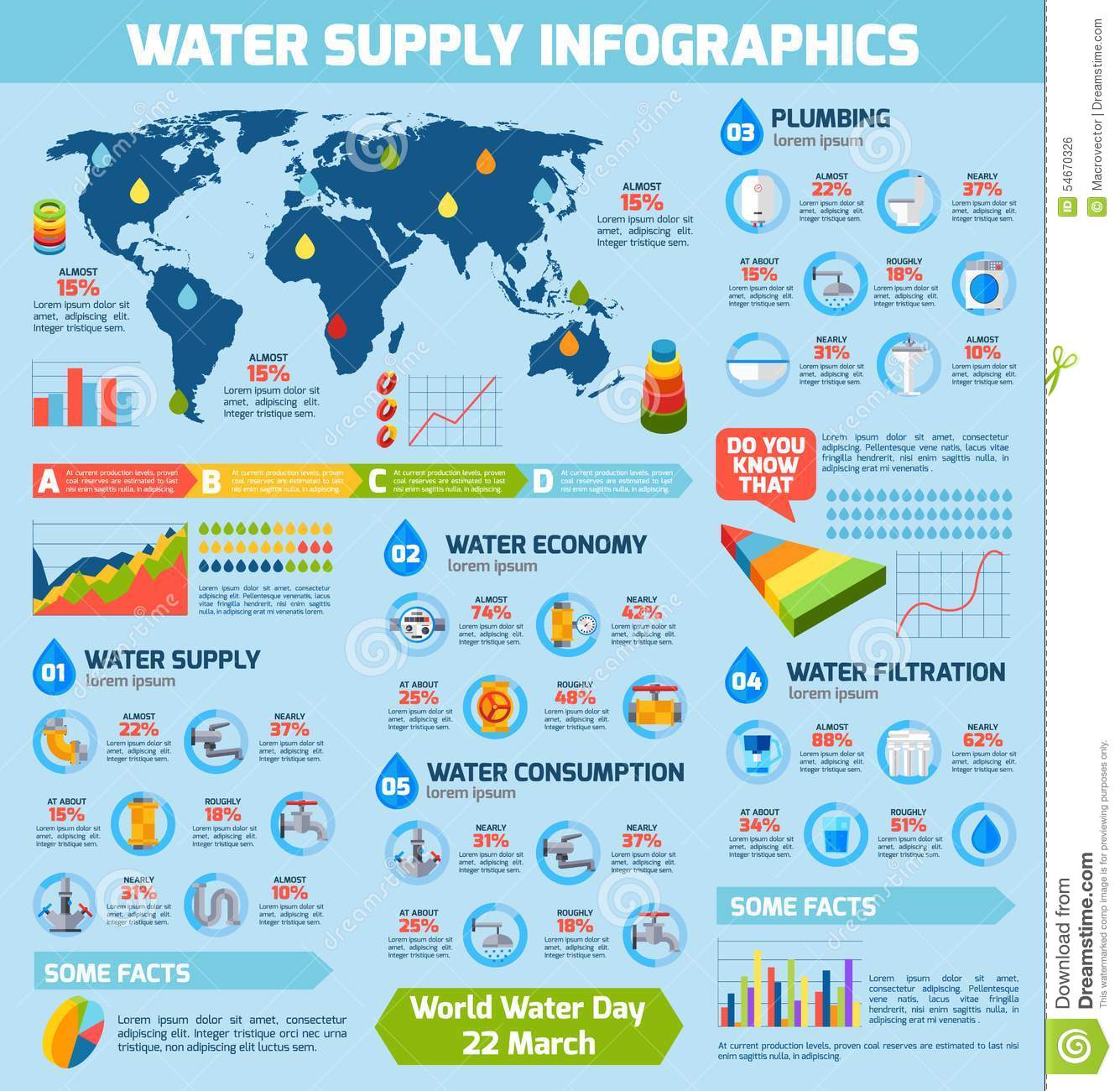
Water is constantly regarded as a symbol of life. It fills 70% of the earth and almost the entire percentage of our bodies. In fact, according to Dr. F. Batmanghelidj in his book ‘Your Body Cries For Water’ “An average adult body contains 42 litres of water and with just a small loss of 2.7 litres he or she can suffer from dehydration, displaying symptoms of irritability, fatigue, nervousness, dizziness, weakness, headaches and consequently reach a state of pathology”. No living creature would survive without water since it serves as one of the prime elements that continuously support the proliferation of life here on Earth. We use it in almost all aspects of our lives. We use water in cooking, cleaning, gardening, swimming, bathing, and others more. However due to the tendency of most humans to deem themselves as superior when compared to everything else, a myriad of industries, communities, and individuals have decided to use our life-giving water sources as a ‘water-fill’ for all their wastes.
Accomplishing the Water Footprint activity made me realize a lot of things regarding my own impacts on our water resources. Given that I was able to acquire a lower than average score as compared to the other countries, I attributed it to my parent’s ensuring that our family, relatives and even some of our own neighbors eat veggies and fish during alternating days, use public transportation, walk nearby distances, use rain barrels and grey water for household activities, utilize energy efficient appliances, recycle most of our non-biodegradable wastes, and fix varied household utilities so that more water might be saved we were able to maximize the water that we've paid for. I admit that there were certain times when we were unable to uphold our promise of conserving water like when we directly drink from the faucet instead of using a cup, washing dishes with the faucet turned on for some time, forgetting to close certain faucets that have recently been used, flushing using big drums of water, bathing for long periods of time at times, and neglecting to maintain water connections causing leaky taps and faucets to appear like mushrooms. However, seeing as how water affects us and our community, I hope to change for the better. The past, after all, does not define one’s future.
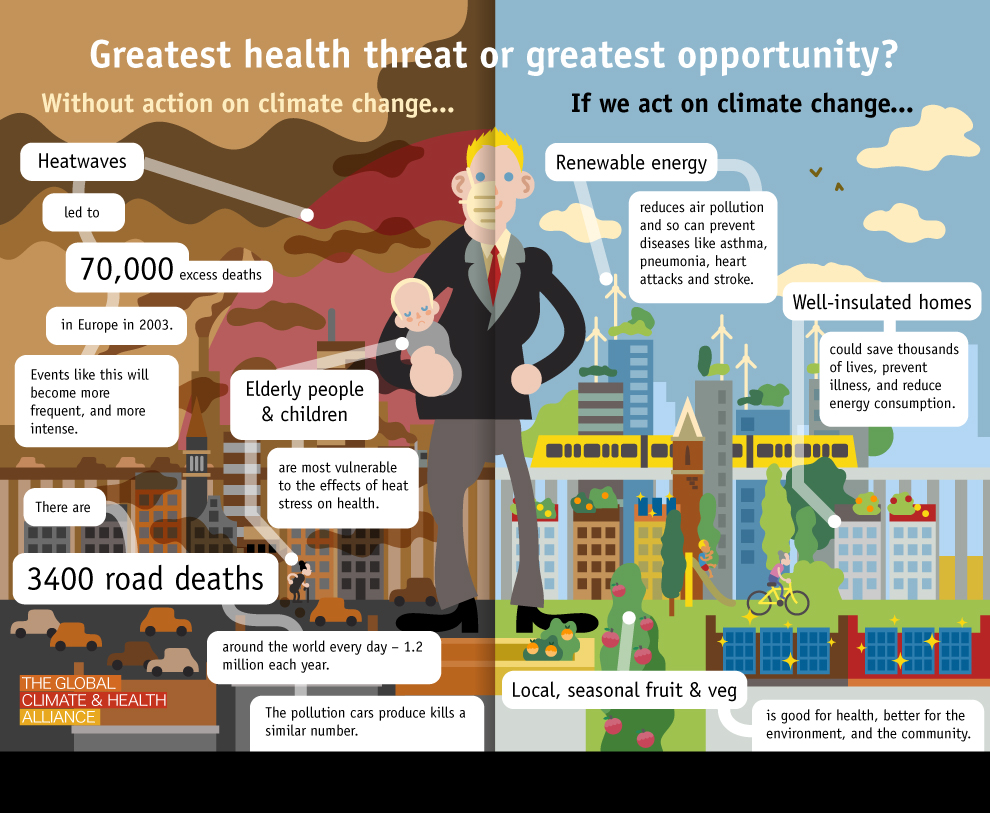
Climate change also termed as Global Warming is primarily described as the rise in average surface temperatures of the different areas constituting Earth. A grave number of scientific studies have concurred that climate change is due primarily to the human use of fossil fuels, which releases carbon dioxide and other greenhouse gases into the air. Despite the fact that greenhouse gases generally bring positive effects since they regulate the Earth’s overall temperature, too much is most certain a problem to be addressed. And since, humans have started to gradually overpopulate the earth thus demanding for a greater supply of resources and manufactured products, more pollution is generated due to global industrialization, agricultural industrialization and other kinds of human actions that bring about more carbon emissions. The fact that Climate Change has become rampant and is causing real damaging effects to the entirety of the earth could no longer be denied.
Effects include that of:
- 1.Higher Temperatures
- According to NASA, Earth’s temperatures during the year 2015 were the highest ones to have ever been recorded. This serves as giant red flag which warns us that for every 1 degree that goes up in the thermometer scale, a great ripple reverberates through nature. As we all know, our planet was designed in a way that it accommodates life in finely-tuned measurement. A slight tip of the scale could change and complicate things.
- 2.Shifting of Landscapes and Wildlife Habitat
- As the temperature levels of the Earth gradually increase and cause changes in the biogeochemical cycles, particularly that of the water cycle. In order to adapt to these fluctuations, plants had to grow where the rain goes. In relation to this is the proliferation of foreign species within an expanse in the ocean which in turn greatly affects the native species that naturally inhabit the said area. In fact experts have predicted that by 2050, ¼ of Earth’s species will have been extinct.
- 3.Rising Sea and Ocean levels
- Climate Change, also known as global warming, is greatly characterized by rising temperatures due to the entrapment of heat by greenhouse gases. Our Earth is made up of 70% water, it is only likely that our water sources would be greatly affected by this phenomenon. So, as ocean waters become warmer, they expand due to excited molecules, causing sea levels to rise. Melting glaciers aggravate the problem by losing the small percentage of freshwater that we have to the salty oceans. This issue threaten to submerge areas and islands and puts dense coastal populations at risk. They contribute to the rapid erosion of shorelines leading to the destruction of ecosystems such as mangroves and wetlands that primarily function to protect coasts against storms.
- 4.Increased Risks of Storms, Droughts, and Floods
- During our trip to CELL, the speaker mentioned about the purpose of rain. Apparently, it serves to filter the atmosphere, ridding it off of toxic and particulate matter. And so Climate change, which had been greatly enflamed by the height of irresponsible human activities that bring about pollution, is intensifying drought, storms, and floods around the world. Whereas nature has been destroyed by human technological and economic progress, communities are becoming at risk from these intensified climate patterns.
- 5.Communities at Risk
- The issue of rising sea levels brought about by climate change could now possibly displace tens of millions of people in low-lying areas – especially in developing countries that do not have enough funds for proper infrastructure-related as well as that of Disaster Risk Reduction and Management programs. Inhabitants of some small island countries that are terribly in danger of sinking in high tides, are now abandoning their islands as the current sea levels are enough to overwhelm their homes.
- 6.Decline of Economy
- Not all industries will experience the threat of Climate Change right away. However, for businesses that thrive on direct contact with nature such as fishing (fisheries), farming, and energy/water utilities have now been given a taste of nature’s wrath. “From warming seas, which encourage proliferation of non-native species that impact fishing industries, to rising temperatures, which impact energy usage around the world, our shifting global climate will force many industries to move quickly to adapt to change. Even recreation and tourism industries are weather-dependent – with many planning based on historic weather patterns, which climate change will disrupt.” – nature.org
Luckily, The Nature Conservancy Organization was able to propose possible solutions for each, provided that each one of us decides to cooperate with the government as well as other ecological groups.
- 1.Use of forest conservation in order to encourage the decline of carbon emissions as a means to combat Climate Change as the trees function maintain the level of greenhouse gases, particularly that of Carbon, in the atmosphere.
- 2.Research of migration routes and determine the surface area of land that is needed to be conserved in order for the animals to reach their expected destinations.
- 3.Invest in the restoration of coastal habitats so that these may become makeshift barriers that would prevent the steady inflow of water as well as strengthen shore foundations.
- 4.Elect a Policy Leader that would move forward proposed solutions for climate change in each community so that evacuations and safety measures may occur smoothly.
- 5.Restore natural systems on our coasts like that of coral reef and mangrove restorations, so as to absorb the distressing effects of Climate Change and protect the biodiversity living in these areas.
- 6.Innovate and share science-based solutions, so we can adapt faster. This may be manifested in the form of techniques, inventions, or even innovative theories/ideas in the making.
Thus, playing the Climate change simulation allowed me to realize and become more critical in regards to the different factors that affect the environment. I was greatly challenged as I would also have to consider the opportunities lost as I take on policies that would greatly reduce Carbon Emissions for each action comes with a price that could be either become good or bad in the long run. Such policies include the Desalination, Landfill Biogas, and Energy Efficiency Policies. On the other hand, not only did I become more aware of green policies, I also became more acquainted with the responsibilities that come with becoming a President, more specifically a leader, the so-called voice of the people. Being a president entailed considering the different needs of the people, realizing the appropriate economic and ecological decisions to make for a better outcome, and long-term foresight in regards to the amount of resources at hand as well as the current public works and infrastructures created.
Looking the Jabberwocky in the Eye
Have you learned a lot today? I sure hope so. If you want to know more about how nature really works as well as the issues it is currently facing, try watching the following playlist of nature videos. Take your time, listening to the voices of nature is worth more than a dime:
https://www.youtube.com/watch?v=E8d_JvMpoY4&list=PL5WqtuU6JrnXjsGO4WUpJuSVmlDcEgEYb
To learn more about climate change try reading the articles found within this link. I’m sure you won’t regret it. J :
http://climate.nasa.gov/effects/
“Why, sometimes I've believed as many as six impossible things before breakfast."
“You're mad, bonkers, completely off your head. But I'll tell you a secret. All the best people are.”
Saving the world from pollution and climate change may be impossible. But we never know unless we try. Some will mock us, some will ignore us, but there will always be people who will support our backs when we need them. Having a totally revolutionary idea or perspective is not supposed to something to separate you from others. It’s not something that classifies you into a certain degree that society assigns to you. If you are deemed as weird, a genius, or even as someone who’s mad, what matters is your belief in yourself to do what you think is right. As for me, discovering something is a means of connecting to others. Having this idea of preserving nature and saving our resources, while still living life to the fullest is something we must decide to do as a community. So choose and do it wisely because albeit nature does not need us to function well for eons, we need it in order to survive. It is our only home, it is our source of life, and each one of a must become a burning spark that would light the fire of significant change.
Major Source for Climate Change Effects and Solutions:
http://www.nature.org/ourinitiatives/urgentissues/...
Major Source for Pictures:
Google Images
Post comment
1 Comment(s)
Cathlyn,
If each one of us could understand that every action has an equal and opposite reaction,we would have a better world.
The callous nature of our behaviour is wrong.
I like the way you have so beautifully linked literature with environmental issues and explained your view so well.
Meher

Meher Mangat
Oct 16, 2016